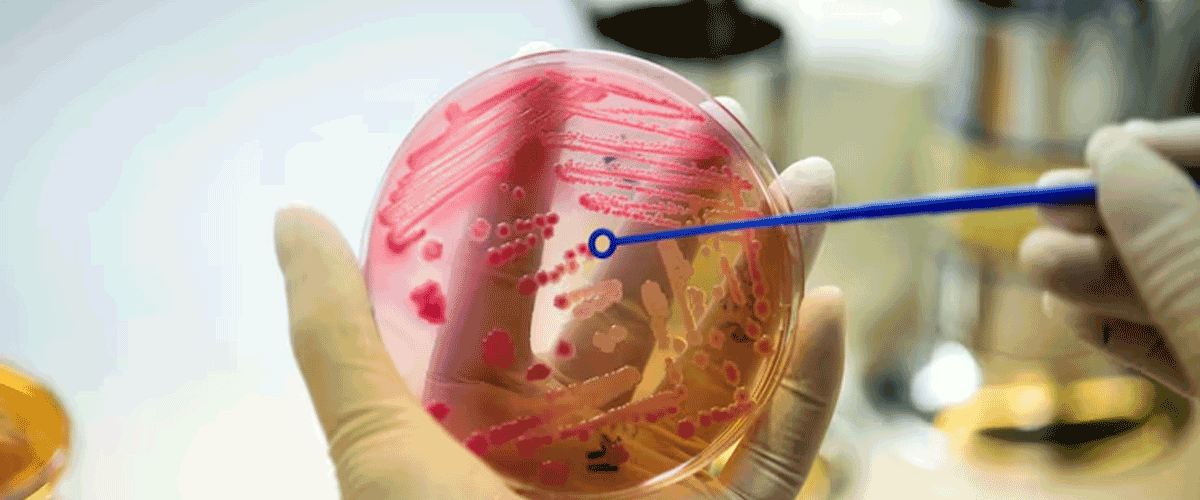(An Autonomous Body Recognized by Ministry of Commerce & Industry, Government of India)
Competency based placement focussed Education | Training | Research | Consultancy

Microplastics in Placenta May Disrupt Fetal Hormone Development
A new study published in Ecotoxicology and Environmental Safety suggests that microplastics (MPs) in the placenta could act as endocrine disruptors, altering hormone levels vital for fetal growth. Researchers found that higher concentrations of placental MPs were strongly associated with changes in umbilical cord blood hormone levels. Elevated MP exposure was linked to reduced glucocorticoid hormones, which are essential for lung development, immune function, and stress regulation. Androgenic hormones, critical for brain and reproductive system development, were also affected.
The study highlights concerns that MPs may interfere with fetal development not only directly but also by transporting harmful chemicals such as bisphenols and phthalates. With global plastic pollution reaching nearly 57 million tons annually, MPs have been detected in food, water, air, and human tissues, including the brain and reproductive system. Given pregnancy’s heightened vulnerability to toxic exposures, the authors urge stronger policies to curb plastic pollution and limit human exposure.
09-09-2025
📰 Recent News
- Global Seafood Trade Spreads ‘Forever Chemicals’ Beyond Pollution Hotspots
- Former Officials Warn of Unprecedented Rollback at US Environmental Agency
- US Policy Shift Intensifies Bayer’s Roundup Legal Battle
- European Parliament requests EFSA review on microplastics in food, water, and air
- Study Links PFAS-Contaminated Water to Severe Infant Health Risks
- Washington Program Targets Safe Disposal of PFAS Firefighting Foam
- EU Pesticide Review Proposal Sparks Backlash from Environmental Groups
- Nature Sustainability Showcases Safer Bisphenol Design Approach
- Chemical Pollution Linked to Rising Men’s Health Risks in Europe, Report Warns
- Trump Administration Blocks Key U.N. Environmental Recommendations
